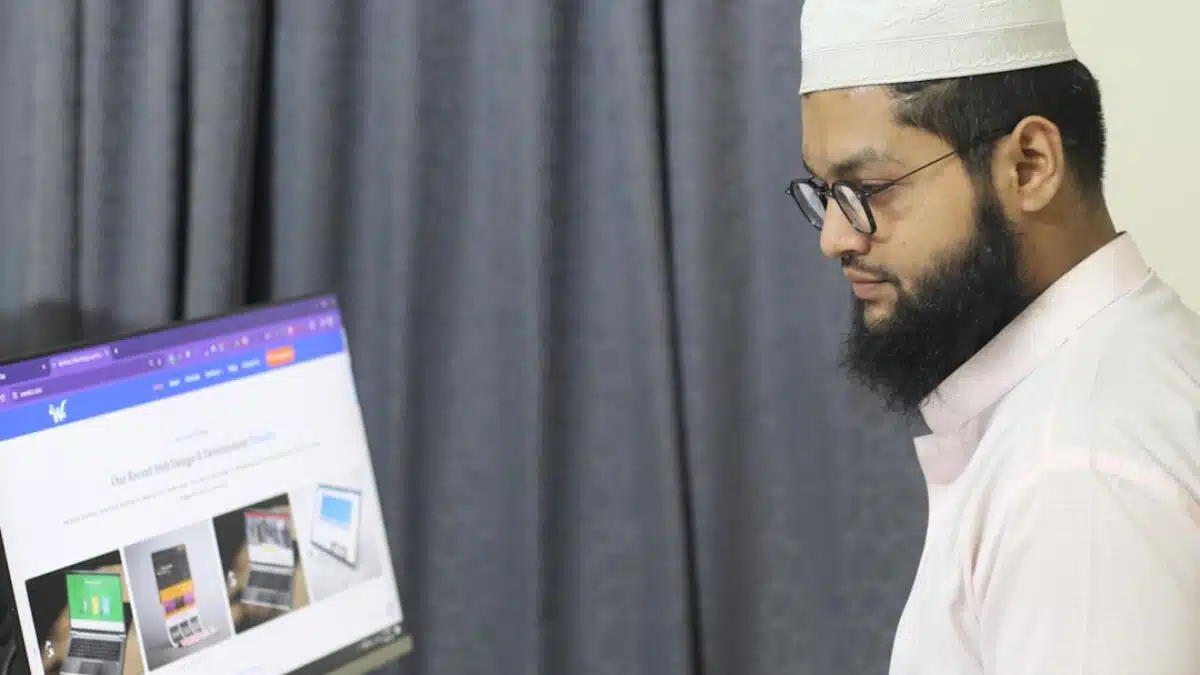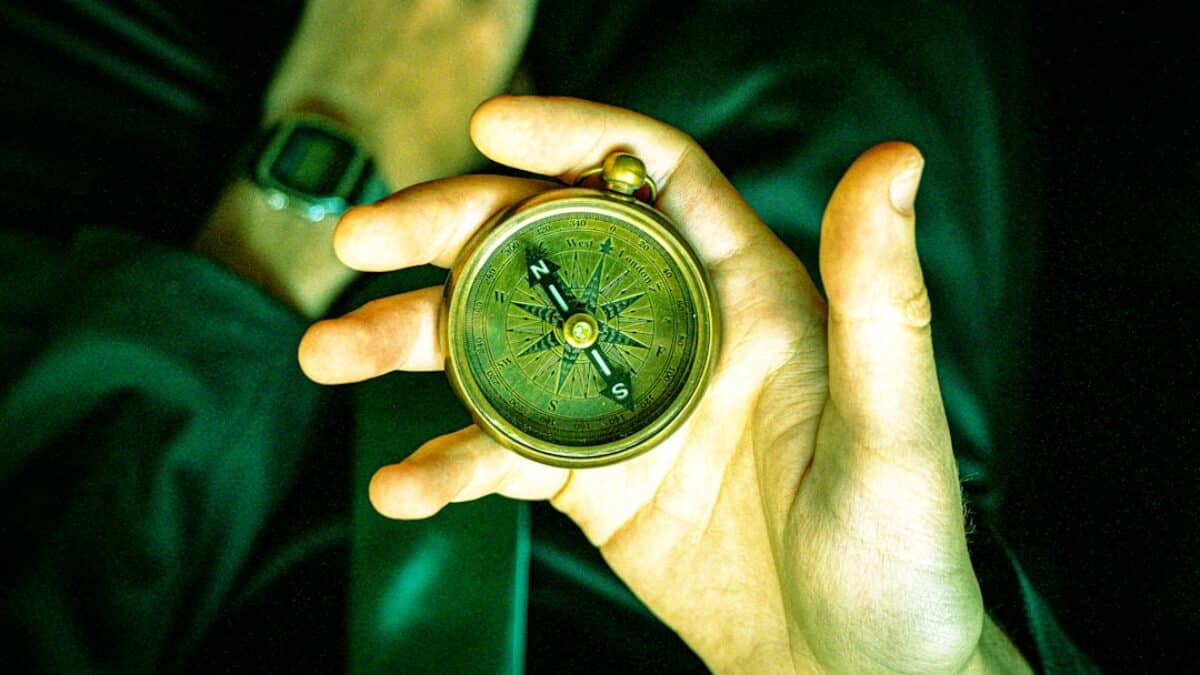In a hyper-connected world dominated by screens and social media, the need for a digital detox has never been more pressing. For Muslims trying to maintain spiritual health and connection with their faith, the distractions of the digital age can hinder their growth. This article focuses on the importance of a digital detox, offering practical tips tailored for Muslims, real-world examples from practicing individuals, and insights into the spiritual and mental benefits of stepping back from the digital realm.
The Importance of Digital Detox for Muslims
A digital detox is a period during which an individual refrains from using electronic devices like smartphones, computers, and tablets. The aim is to mitigate the negative impacts associated with constant connectivity. For Muslims, the reasons to implement a digital detox are manifold, ranging from enhancing spiritual practices to improving mental health.
Spiritual Growth
In Islam, spirituality is paramount. The constant barrage of notifications and digital stimuli can distract from spiritual practices such as Salah (prayer), Dhikr (remembrance of Allah), and Qur’an recitation. When Muslims are attached to their devices, their focus on these essential practices diminishes, leading to a disconnect from their faith.
According to a study conducted by the Pew Research Center, 25% of Muslims expressed concern that technology can detract from their religious activities. This dissonance often leads them to seek a more balanced lifestyle, where they can harmonize their faith with modern living.
Mental Well-being
Moreover, excessive screen time has been shown to contribute to anxiety, depression, and stress. The Islamic tradition emphasizes the importance of mental well-being; neglecting this vital aspect can lead to spiritual and emotional disarray. Research published in the Journal of Environmental Research and Public Health highlights that digital detoxification can significantly reduce anxiety and improve overall mental well-being.
Real-world anecdotes from practicing Muslims reveal a common sentiment: many feel significantly more at peace after taking intentional breaks from their devices. For instance, Aisha, a 30-year-old teacher from London, began a digital fasting regimen during Ramadan, which heighted her spiritual awareness and allowed her to focus on community service and family, further aligning her actions with Islamic values.
Practical Tips for Implementing a Digital Detox
The benefits of a digital detox are clear, but implementing it requires a practical approach. Below are several strategies tailored for Muslims aiming to disconnect from the digital world while reconnecting with their faith and personal well-being.
Set Digital Boundaries
Establish Expectations: Set specific times during the day to check your devices. Consider aligning these times with your Salah schedule. For instance, avoid using your phone right before Fajr to ensure you start the day focused on prayer and reflection.
Night Mode: Turn off notifications during Isha and before bed. This not only helps you wind down but also allows for a more peaceful night’s sleep – a vital aspect of wellness in Islam.
Device-Free Zones: Create spaces in your home or workplace where digital devices are not allowed. A dining table serves as an excellent example where family members can engage in meaningful conversations during meals, thereby reinforcing family bonds.
Engage in Qur’anic Studies
Dedicated Time for Qur’an: Allocate specific times during your week for Qur’anic reading and reflection instead of scrolling through social media feeds. Consider forming a small study group with family or friends, where you can discuss interpretations and insights.
Resource Utilization: Use printed materials rather than digital formats for Qur’an studies. This tactile experience not only promotes engagement but also reduces reliance on screens, allowing a deeper connection to the sacred texts.
Embrace Nature
Outdoor Activities: Encourage outdoor activities, such as walking, hiking, or simply spending time in nature. The Qur’an reminds us of the beauty of the natural world, and such experiences can invigorate the spirit while providing a reprieve from technology.
Community Engagement: Engage in community activities such as volunteering for charitable causes, which not only reconnects you with your purpose as a Muslim but also helps you build relations outside of the digital milieu.
Mindfulness and Meditation
Practice Dhikr: Engage in mindfulness practices, such as Dhikr (remembrance of Allah), which can be done away from screens. Using this time to reflect on your blessings or recite praises can help you avoid the distractions digital devices often create.
Guided Meditation: Consider incorporating Islamic guided meditations available through local mosques or community centers. These can help in focusing your mind and spirit, providing a sense of community and connection as you detox from electronic devices.
Family Digital Detox Days
Designate a Day: Set aside a day each month for a family digital detox. Engage in activities that promote family togetherness, such as game nights, hiking, or charity work. This practice not only reinforces familial bonds but also symbolizes a collective commitment to spiritual growth.
Inspirational Audios and Podcasts
Audio Resources: Utilize inspiring Islamic lectures or podcasts that can be listened to instead of consuming social media. Many Muslims find that listening to knowledgeable speakers enhances understanding and relevance of their faith, keeping them grounded and connected.
Structured Listening: Set goal-oriented sessions for listening to lectures or podcasts that provide insights into Islamic teachings or contemporary issues affecting Muslims. This structured approach enables focused and beneficial learning without the distractions presented by screen use.
Real-World Experiences: Muslims Share Their Detox Journeys
Sara’s Reflection
Sara, a university student, realized her academic performance was declining due to distractions from her phone. After attending a local workshop on digital detox, she decided to turn her device off for one day each week. "I felt an immediate sense of peace and focus," Sara shares. By dedicating that time to her studies, she also found time to reflect in prayer, strengthening her relationship with Allah.
Amir’s Testimony
Amir, a business professional, shared that he used to spend several hours daily on social media. After noticing how it affected his interactions with his family, he decided to implement an evening digital curfew. "Now, I cherish the conversations I have with my family over dinner, and I often engage in Dhikr or read the Qur’an before I sleep," Amir explained. His experience illustrates that disconnecting can foster deeper connections with loved ones.
Jamila’s Community Involvement
Jamila, a community organizer, found herself overwhelmed by the relentless speed of digital information. She approached her local mosque to initiate a monthly “Digital Detox Day” that brings families together for recreational activities and discussions about spirituality. “It’s amazing how much more connected we feel as a community when we disconnect from our screens,” she noted. This initiative has not only improved mental well-being but has also reinforced community ties.
FAQs: Digital Detox for Muslims
1. How long should I detox from digital devices?
The duration can vary based on personal needs. Start with a few hours daily and extend it to a full day each week. Gradually assess how it impacts your spiritual and mental wellbeing.
2. Will I miss out on important news?
Consider designating specific times to check news in a focused manner. This approach keeps you informed without overwhelming you. Keep it limited to reputable sources to avoid misinformation.
3. How can I encourage my family to participate in a digital detox?
Lead by example. Create engaging activities that foster family interaction. Host family meetings to discuss the benefits, and ensure everyone feels included in decision-making.
4. Can digital detox also enhance my productivity?
Absolutely! By reducing distractions and creating focused periods for work or study, you’ll find that your productivity increases significantly. Digital detox encourages deeper concentration and creativity.
5. What if I feel anxious without my device?
It’s common to feel anxious initially. However, restoring mindfulness through prayer, meditation, or journaling can help alleviate those feelings. Over time, you’ll find solace away from screens.
Conclusion: The Path to Reconnection
The benefits of a digital detox are profound, particularly for Muslims striving to maintain spiritual health and community ties in an increasingly digitized world. By taking intentional breaks from technology, individuals can enhance their prayers, foster deeper relationships with family and community, and experience improved mental well-being.
Real-world experiences show that disengagement from the digital realm allows for reconnection with faith, family, and self. As exemplified by the journeys of individuals like Aisha, Amir, and Jamila, the courage to disconnect can lead to truly profound reconnections.
Islam encourages moderation; adopting a balanced approach towards technology allows Muslims to harness the benefits of modern innovation without losing sight of spiritual objectives. For anyone seeking to harmonize faith with digital living, the journey begins by taking that essential step back—disconnecting to truly reconnect.
























Post Comment